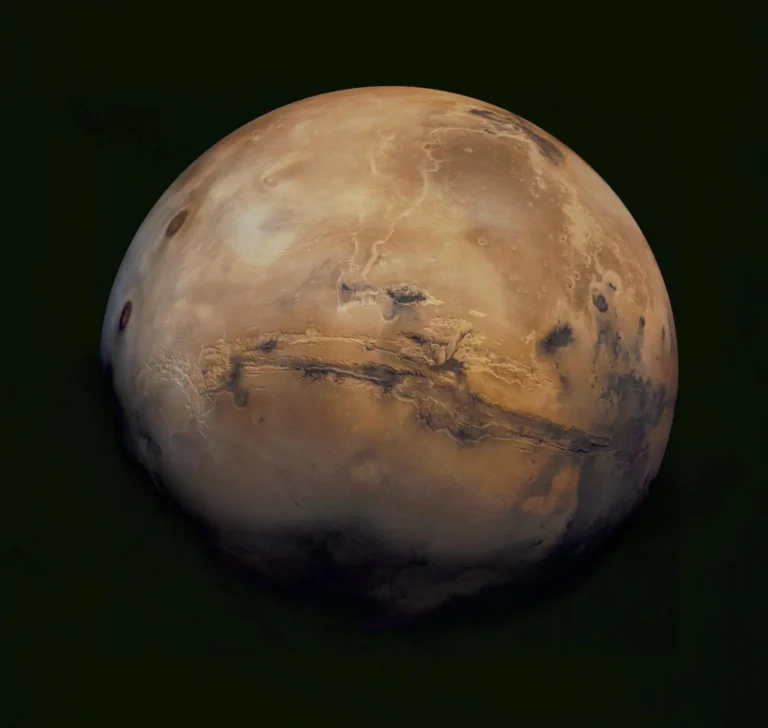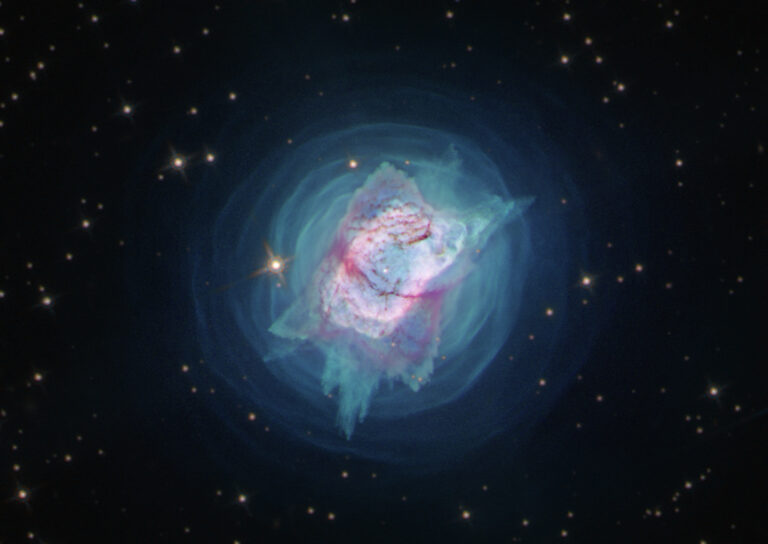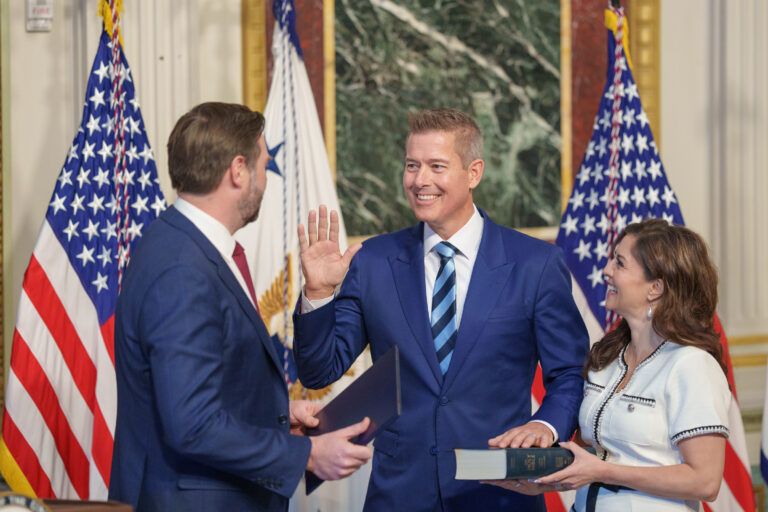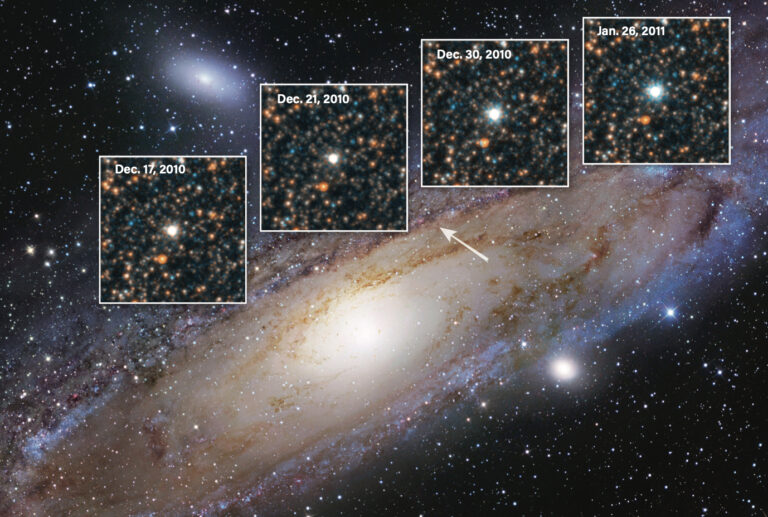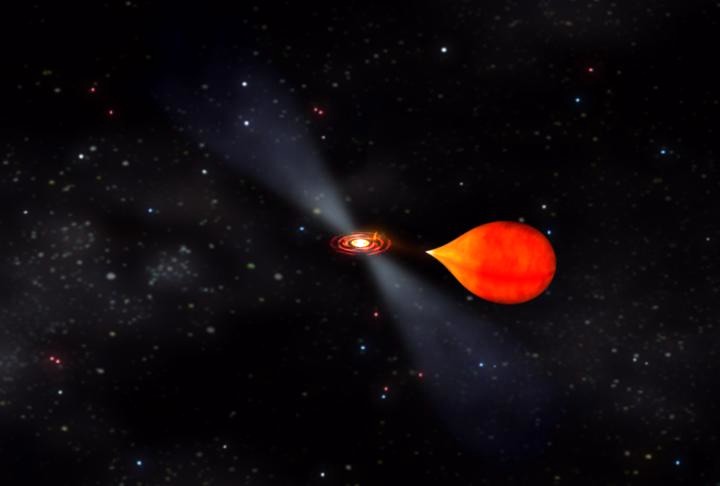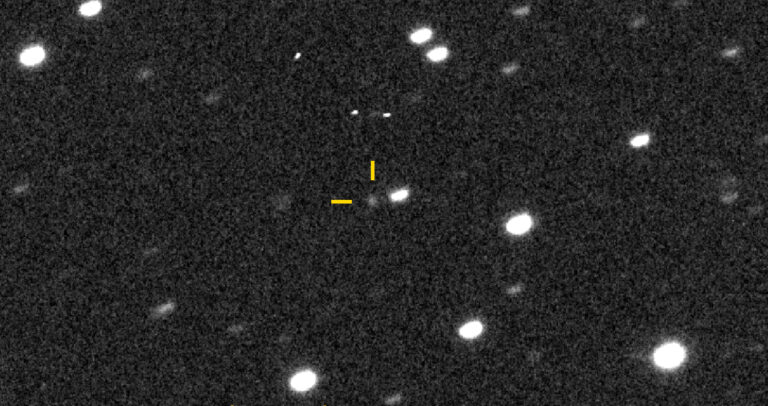Key Takeaways:
Alexander was an employee of the Jet Propulsion Laboratory (JPL) and the final project manager for NASA’s Galileo mission. But her public profile rose dramatically last fall due to her duties as project scientist for NASA’s role in the European Space Agency’s Rosetta mission to Comet 67P/Churyumov-Gerasimenko.
“The passing of Claudia Alexander reminds us of how fragile we are as humans but also as scientists how lucky we are to be part of planetary science,” James Green, director of NASA’s Planetary Science Division, said in a statement. “She and I constantly talked about comets. Comet Churyumov-Gerasimenko in particular. She was an absolute delight to be with and always had a huge engaging smile when I saw her. It was easy to see that she loved what she was doing. We lost a fantastic colleague and great friend. I will miss her.”
Alexander was born in Canada but raised in Santa Clara, California, near the heart of what would become Silicon Valley. In a NASA interview, she said the film Fantasia ignited her passion for other worlds at a very young age.
She said the movie “opened an imaginative pathway of wonder for me about worlds other than Earth — primitive worlds — and how huge geologic forces can impact life forms there.”
That drive was eventually directed into engineering when her parents said they’d only pay for her to attend the University of California, Berkeley, if she studied something “useful.” But when Alexander landed an internship at nearby NASA Ames, she soon began sneaking into the space building.
“When my boss realized that I enjoyed spending my time there, he placed me with a scientist [Dr. Ray T. Reynolds] in the Space Science Division,” she said. In 1983, Alexander graduated from Berkeley with a bachelor’s in geophysics and earned her master’s from the University of California, Los Angeles, two years later.
By 1993, she’d earned her Ph.D. in plasma physics from the University of Michigan and was named woman of the year by the Association for Women Geoscientists. She went on to study plate tectonics at the United States Geological Survey and eventually joined JPL, where she served as science coordinator for Galileo’s plasma wave instrument looking at Jupiter’s magnetosphere. She was named project manager during the spacecraft’s final phase.
Alexander was still only 40 when she joined the Rosetta team in the year 2000. And it would take 15 years for the spacecraft to finally reach its target. That position led to a high-profile piece in the Los Angeles Times in November.
She stood out as an African American woman in a field dominated by white males. And the Los Angeles Times talked to her about that position.
“I’m used to walking between two different cultures,” she said. “For me, this is among the purposes of my life — to take us from states of ignorance to states of understanding with bold exploration that you can’t do every day.”
The Times also asked Alexander if she was a risk taker.
“I’m definitely not someone who enjoys physical risk. I don’t want to leap out of an airplane. I don’t want to go rock climbing, but I have taken on a lot of sociological risk in my life,” she said. “I took on a career that nobody wanted me to do, not my family, not my friends.
“So I took a risk in not following the fold, let’s put it that way.”
Her colleagues took to Twitter over the weekend to offer eulogies.
“Our robot explorers are extensions of us. Built by human hearts, minds, and hands to go out into the cosmos and expand our understanding” tweeted Sarah Hörst, a planetary scientist at Johns Hopkins University. “They are nothing without the humans behind them.”
“We have lost a great colleague and friend who will live on within us and the missions to the stars she made possible,” wrote Matt Taylor, a fellow scientist on ESA’s Rosetta mission.
Alexander loved horseback riding and writing science fiction. She was also known as a champion of STEM education and diversity. In a NASA profile, her words of advice to future researchers were that science and math take as much effort to master as becoming an athlete or musician, but the rewards are enormous.
“Imagine being the first person to make a discovery, to have a mathematical principle named after you or to make the fundamental discoveries that take civilization to the next level,” she said. “In the annals of history, the athletes and musicians fade, but the ones who make fundamental improvements in humankind’s way of life, and in their understanding of the universe, live on in their discoveries.”
In an effort to ensure Alexander will live on in her discoveries, family members have launched a memorial STEM scholarship fund and are raising money through the website gofundme.com.
Eric Betz is an associate editor of Astronomy. He’s on Twitter: @ericbetz


